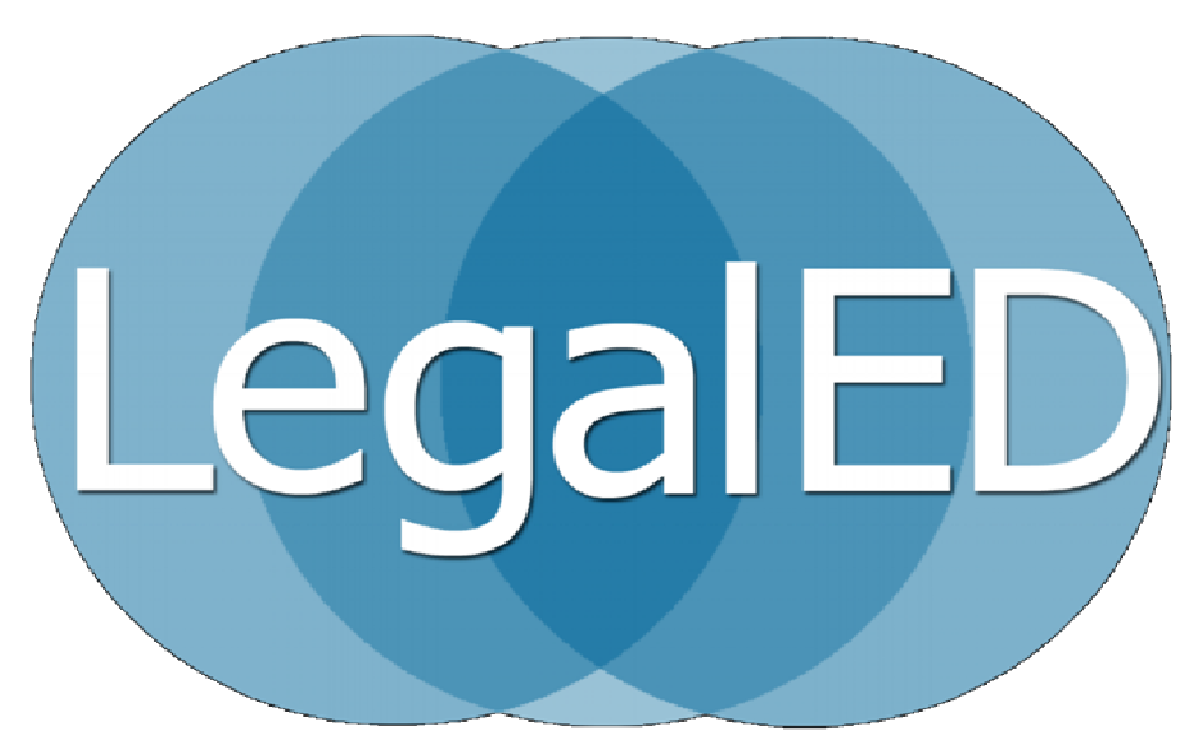Igniting Law Teaching Conference 2014
Using the Classroom for Active Learning
Short Bio: Jamie Abrams is an Assistant Professor at the University of Louisville Brandeis School of Law where she teaches Torts, Family Law, Legislation, and Women and the Law. Her scholarly research focuses on legal education pedagogy; integrating masculinities theory in feminist law reforms; tort standards of care in childbirth; and gendered citizenship. She published A Synergistic Pedagogical Approach to First-Year Teaching in the Duquesne Law Review and has given numerous presentations on innovative teaching techniques.
Talk Description: The Socratic method remains central to law classrooms. While increasingly supplemented with clinics, skills integration, and community-based learning, scant focus has been given to modernizing the Socratic method itself. This talk will describe a revamped Socratic method in which law teachers use a client-centered, case management-based, and research-oriented approach within the Socratic tradition. This reframing involves minimal structural or content changes, while better aligning the Socratic dialogue with broader curricular reforms and providing a more practice-ready schema to doctrinal courses.
Short Bio: Jeremiah A. Ho is an Assistant Professor of Law at the University of Massachusetts School of Law—Dartmouth, where he teaches Contracts, Products Liability, and Remedies. In the area of legal education, he is contributing faculty at the Institute for Law Teaching and Learning, and an editor for The Learning Curve, the official publication of the AALS Section on Academic Support. In his spare time, he enjoys searching for the world’s most perfect fried chicken.
Talk Summary: We want our students to become more proficient at seeing the law within the real world so they can further their practice of legal reasoning. Sometimes, however, the abstract and lofty appearance of law hinders our students from actively engaging with the practice of law. In three thoughtful steps, we can structure precise moments into a course where both skills and doctrinal teaching are maximized for a more organic investigation of the law.
Victoria Duke, Indiana Tech Law School: “Bringing Exercises in Large Classes”
Bio: Victoria Duke is likely one of few law professors who have experienced the law by traveling three intertwined legal career paths. Private practice, adjudicating cases in municipal court, and teaching, at one time in her life, was only a snippet of her day. But, the multiple legal paths lead her to understand that the goal is not teaching, but rather providing a learning opportunity. Hence, she developed the love for innovative education through experiential learning.
Talk Summary: This session will address the problem why many doctrinal professors believe that incorporating skills into their classroom would take away from their lesson plan. The interviewing mode of instruction can address this problem. Divide the class room into groups. Provide them with a fact pattern. Tell the students they are lawyers preparing to interview a client. The proposed questions to the client should elicit the client’s responses to trigger elements of the rule.
Bio: Vicki Szymczak is the Law Library Director and Associate Professor of Law at the University of Hawaii where she teaches first year and upper level research courses. She has experimented and lectured on the integration of games, role playing, polling, group projects, etc., to create active learning experiences. Her current project entails effectively flipping required and elective research courses at her institution while operating within University and ABA guidelines.
Talk Summary: Educators routinely use technology to flip or create a distance learning opportunities for students. Proven methods of active learning do not need to disappear in these new environments. This program demonstrates how technology can push students into action, break down communication barriers and open up a classroom for global contribution. I will highlight my experiences teaching an online class of U.S. students and foreign trained lawyers, and putting them in the driver’s seat.
